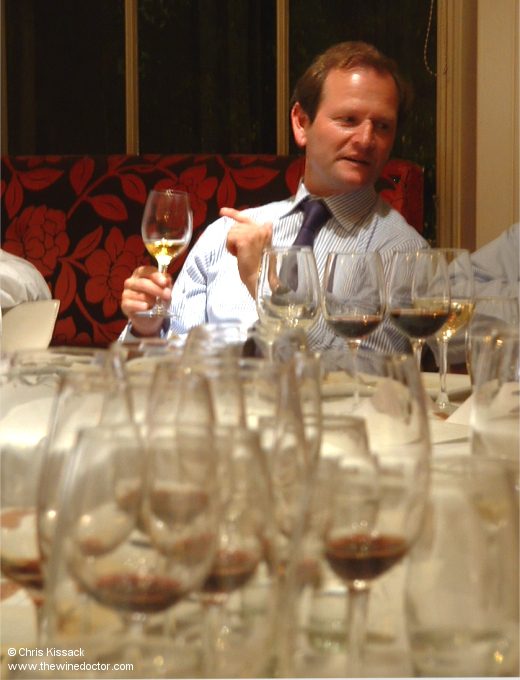Château d’Yquem: Alexandre de Lur-Saluces
In 1968, within a year of Alexandre de Lur-Saluces moving to Bordeaux, his uncle Bertrand died, and from that point on Alexandre was in charge of the greatest estate in Sauternes. There were difficulties at first, largely the result of some very testing vintages, most notably 1972 and 1974, two of only ten years when no Château d’Yquem was bottled at all such was the dismal quality of the wine. But then along came the successful 1975 and 1976 vintages, production increased once again, and Alexandre’s tenure seemed suddenly more secure.
Indeed, from this point on his time at Château d’Yquem was generally regarded as very successful, his reputation no doubt helped by more favourable vintages during the 1980s than those he had endured the preceding decade. As a consequence the business prospered and became more profitable. Some aspects of the estate were modernised, and the vineyards were reconstituted with the replacement of missing vines, even if the funds for wider replanting were not yet available. This meant production also increased once again.
There were conflicts and troubles along the way, however, and these came to a head at the end of the 20th century, when Alexandre de Lur-Saluces finally lost control of the estate. The method was not overtly feudal as in ancient times, but it was hostile. Numerous family members, including Alexandre’s older brother Eugène and many of the Hainguerlots, courted by a wealthy suitor, sold all or at least a portion of their shares, leaving Alexandre in a minority position.

